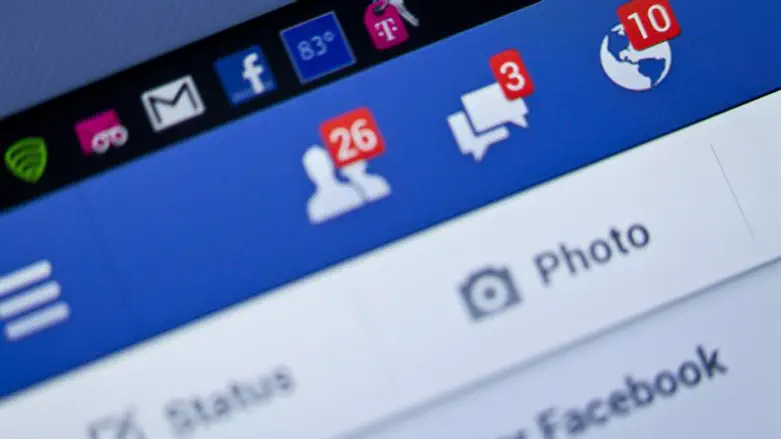
Facebook said on Monday that it removed or put a warning label on 1.9 million pieces of extremist content related to the Islamic State (ISIS) or Al-Qaeda terrorists groups in the first three months of the year, Reuters reported.
That number is about double the amount of similar content from the previous quarter, the social media network said.
Facebook also published its internal definition of “terrorism” for the first time, as part of an effort to be more open about internal company operations.
The European Union has been putting pressure on Facebook and its tech industry competitors to remove extremist content more rapidly or face legislation forcing them to do so, and the sector has increased efforts to demonstrate progress.
Of the 1.9 million pieces of extremist content, the "vast majority" was removed and a small portion received a warning label because it was shared for informational or counter-extremist purposes, Facebook said in a post on a corporate blog.
Facebook uses automated software such as image matching to detect some extremist material. The median time required for takedowns was less than one minute in the first quarter of the year, the company said.
The company also said it defines terrorism as: “Any non-governmental organization that engages in premeditated acts of violence against persons or property to intimidate a civilian population, government, or international organization in order to achieve a political, religious, or ideological aim.”
In addition to the pressure from Europe, Facebook, Twitter and Google have also been facing a concerted campaign by Jewish and pro-Israel activists, calling on them to take action against anti-Semitic incitement.
Activists and terror victims’ rights campaigners allege the companies are turning a blind eye to the torrent of hate which helps inspire deadly terrorism in Israel.
In 2016, Israel filed 158 requests to remove inciting content on Facebook, and 13 requests to YouTube (owned by Google).
Around 95% of the requested content was removed from Facebook, while YouTube agreed to remove 80% of the content.

